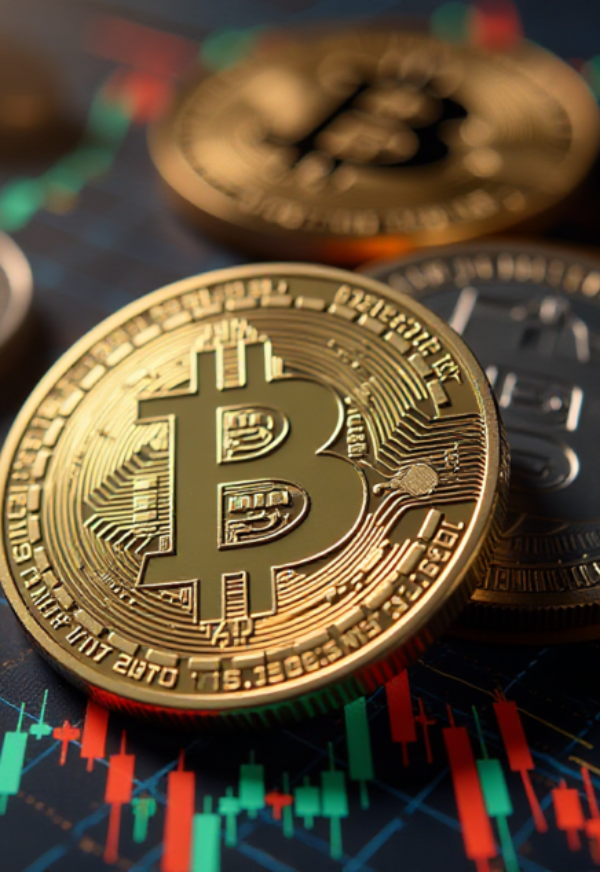Essential Mindset Lessons Men Often Discover Later in Life
Mindset Lessons Men Often Learn Too Late in Life
The art of self-help usually starts from the simple realization of how much our mindset affects things, life experiences, and results.
Most of the mindset lessons outlined below are transforming and offer men insight into bettering life, relationships, and personal improvement much better if they come sooner than later.
Understanding Emotional Intelligence
Emotional intelligence, often overshadowed by technical skills or academic achievements, is indeed the ability of people to understand and manage their own mindset as well as others’ emotions.
Individuals with strong EQ build better relationships and navigate workplace dynamics with ease. They handle conflicts constructively, inspire others, and foster positive environments.
The journey toward emotional intelligence involves recognizing its impact and consciously developing this essential skill.
Building Authentic Relationships
True connections require trust, vulnerability, and genuine care. Early in life, many focus on quantity over quality, valuing a broad network over deep relationships.
With time, it becomes evident that meaningful relationships bring greater emotional fulfillment. Investing in these connections ensures emotional support during tough times and amplifies joy during successes. Depth trumps breadth when it comes to human bonds.
The Strength of Vulnerability
Many view vulnerability as a sign of weakness. But actually, embracing vulnerability creates genuine connections and deep self-awareness.
Shielding one’s heart with walls can seem protective but, in the long run, may hinder close relationships.
Fear, uncertainty, or emotion is made known; that makes it strengthen ties but promotes mutual understanding as well. The bridge of vulnerability to trust and greater human experience lies.
Work-Life Balance
Achieving a balance between professional ambitions and personal satisfaction is crucial for long-term well-being. The world today often glorifies overwork, and people end up sacrificing family, hobbies, or self-care.
Achieving balance is not about giving up on ambition; it is about setting priorities and boundaries. Valuing personal time alongside professional goals ensures a more harmonious and satisfying life.
Self-Care
Many view self-care as a luxury, but it is an essential component of health and happiness. True self-care includes physical, emotional, and mental practices that restore energy and build resilience.
Simple habits like regular exercise, meditation, and rest contribute to improved productivity and relationships. The lesson here is clear: self-care isn’t indulgence—it’s maintenance for thriving in all areas of life.
Learning from Failure
Failure is a deterrent, but one of the most valuable teachers. Mistakes and setbacks are not opposite to success; they are the stepping stones toward it.
Resilience grows as we start to see failures as an opportunity for learning. Each step that we take toward failure will provide unique insights for success in the future. This is very transformative when taken with a growth mindset.
Living in the Present
The tendency to dwell on the past or worry about the future robs us of present-moment joys. Many spend years trapped in regret or anxiety, missing out on the beauty of life’s now.
Practicing mindfulness engaging fully with the moment enhances relationships and amplifies life’s richness. Living in the present reduces stress and increases gratitude, leading to a more fulfilled existence.
Setting Healthy Boundaries
Boundaries protect our energy and foster healthier relationships. The reluctance to say “no” often stems from a desire to please everyone, but this habit can lead to burnout and resentment.
Establishing boundaries means valuing personal needs and clearly communicating limits. Learning to prioritize oneself without guilt cultivates respect and strengthens relationships.
Embracing Continuous Learning
Learning does not end with school; it is lifelong. In this dynamic world, adapting through continuous skill-building and exploration is key.
Whether it’s reading, taking up a new hobby, or getting a different perspective, lifelong learning enriches our minds and keeps us engaged with the world. Curiosity and adaptability help in both personal and professional growth.
Practicing Self-Reflection
Self-reflection means we know what we do, why we do it, and where we may be doing things wrong. Without it, life seems like a jumble of automatic responses without conscious choices.
Life becomes clear about values and goals through journaling, meditation, or quiet contemplation. Consistent self-reflection in our lives helps us improve decision-making and ensures the alignment with what really matters.
Every mindset lesson is a stepping stone to a more fulfilling life. It is not that finding them early in life has its advantages, but one never knows when to find these lessons. Life is always evolving, and the sooner we integrate these lessons, the richer and more meaningful our journey becomes.



